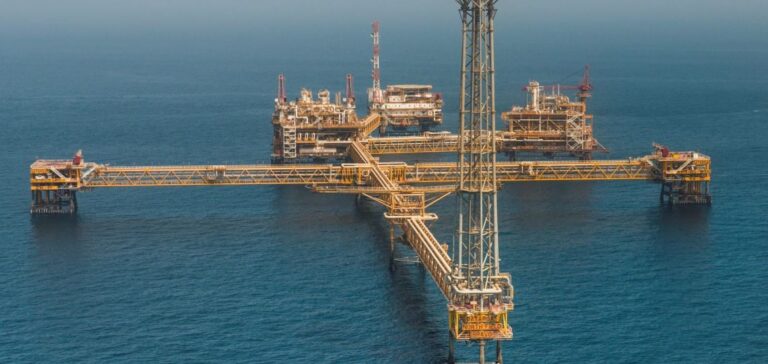The European oil and gas industry appears to be slowing down its energy transition after years of commitment to reducing its carbon footprint. Giants such as BP, Shell, and TotalEnergies have shifted their priorities in 2023 and 2024, increasing investments in the hydrocarbon sector while cutting funding for transition projects. BP has announced a plan to boost its hydrocarbon production by 25% by 2030, reversing its original goal of reducing this output. This pivot is driven by the need to improve the group’s profitability and shareholder returns, particularly after a period of declining profits.
Meanwhile, BP plans to invest $10bn annually in oil and gas, accounting for about two-thirds of its overall investment budget for 2025. In contrast, the group’s climate transition projects will be cut by $5bn annually, limiting renewable energy spending to around $1.5 to $2bn per year. This strategic shift aims to bolster BP’s financial performance as it seeks to catch up with the stock market performance of US oil majors such as ExxonMobil and Chevron, whose stock returns have been stronger.
Shell, for its part, has abandoned plans to develop new offshore wind projects, deeming the returns insufficient to justify such investments. This shift underscores the uncertainty surrounding the pace of the energy transition, with some experts pointing to insufficient growth in low-carbon energy sources to meet rising global demand, particularly in emerging markets. TotalEnergies has also adjusted its objectives, cutting $500m from its “low-carbon energy” investments for 2025, while increasing its growth forecasts for oil and gas.
Tensions between climate goals and financial profitability
European oil companies, which have long been at the forefront of the energy transition initiative, now find themselves juggling their climate ambitions with the need to maintain strong financial results. BP and TotalEnergies are seeking to maximise profits by increasing their hydrocarbon production and reducing their energy transition spending. These adjustments come as the International Energy Agency (IEA) has reported that global demand for oil could peak by the end of the decade, though experts, such as those at trading company Vitol, forecast that demand could remain high until 2040.
The reality of the global energy market, particularly in emerging countries, continues to heavily influence the strategies of oil majors. These companies believe that oil and gas will remain essential to meet global energy needs, despite the rise of renewable energy. While state-owned national oil companies (NOCs) control a significant share of global reserves, they remain largely less committed to concrete climate goals compared to Western majors.
Global oil and gas outlook
The long-term outlook for the oil and gas industry remains uncertain, with contradictory forecasts on future oil demand. According to the IEA, a peak in demand could occur before 2030, pushing companies to diversify their investments. However, entities such as OPEC and TotalEnergies believe this upward trend could continue until 2050. As the energy transition progresses slowly, many companies favour a more measured approach, betting on a coexistence between fossil fuels and renewables in the coming decades.






















